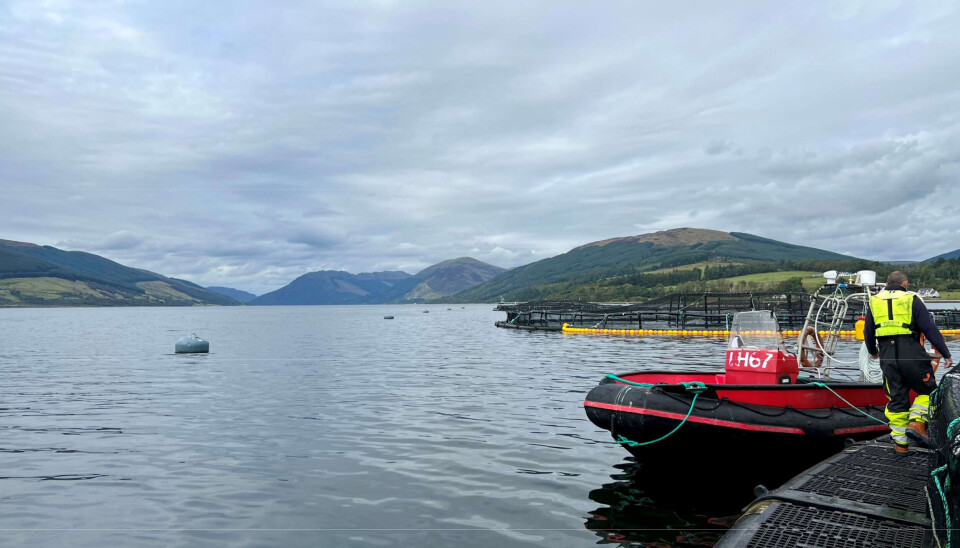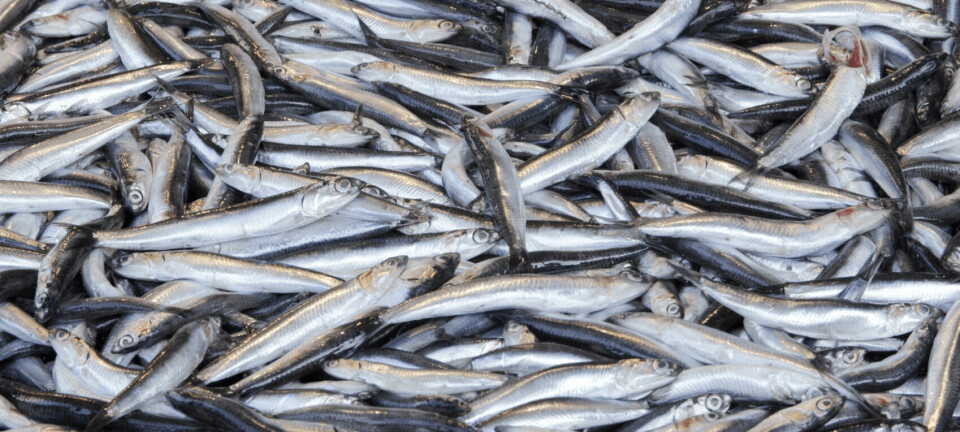
Solid operational performance despite challenges for Bakkafrost
Strong revenue growth in Scotland, mixed results in Faroe Islands
The Bakkafrost Group achieved an operational EBIT of DKK 388 million in the second quarter of 2024, an increase from DKK 353 million in the same period last year. The company reported strong revenue growth across its operations, particularly in Scotland.
Key Financials:
- Faroe Islands:
- Revenue: DKK 1,187 million (up from DKK 1,082 million in Q2 2023)
- Operational EBIT: DKK 275 million (slightly down from DKK 282 million)
- Scotland:
- Revenue: DKK 880 million (a significant increase from DKK 587 million)
- Operational EBIT: DKK 113 million (up from DKK 71 million)
Delayed harvests
Regin Jacobsen, CEO of Bakkafrost, expressed mixed sentiments about the quarterly results. While the financial performance was impacted by a strike in the Faroe Islands, which led to delayed harvests and lower prices, the CEO highlighted the company's strong operational position.
The Faroese freshwater division showed improvements in efficiency and production volume, and the condition of the biomass in both the Faroe Islands and Scotland was noted as robust. Jacobsen also emphasized the effectiveness of the de-risking strategy in Scotland, which has resulted in fewer biological issues and lower mortality rates compared to previous years.
Bakkafrost's strategic focus remains on managing costs and adjusting capacity, particularly in Scotland, where several cost-saving measures and capacity adjustments have been implemented. Despite the challenges faced, Bakkafrost remains well-positioned to maintain its competitive edge in the global salmon market.





















































